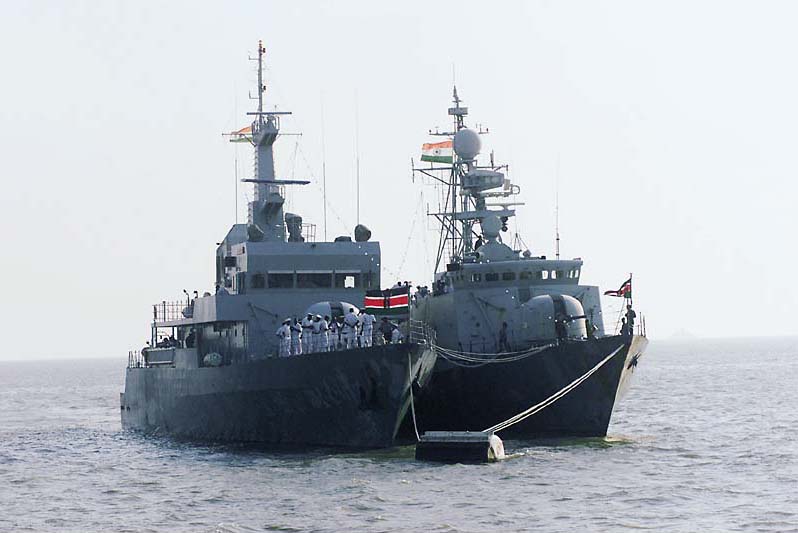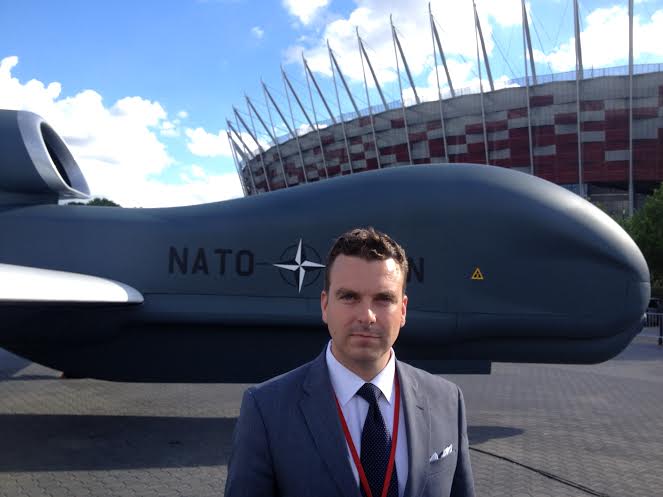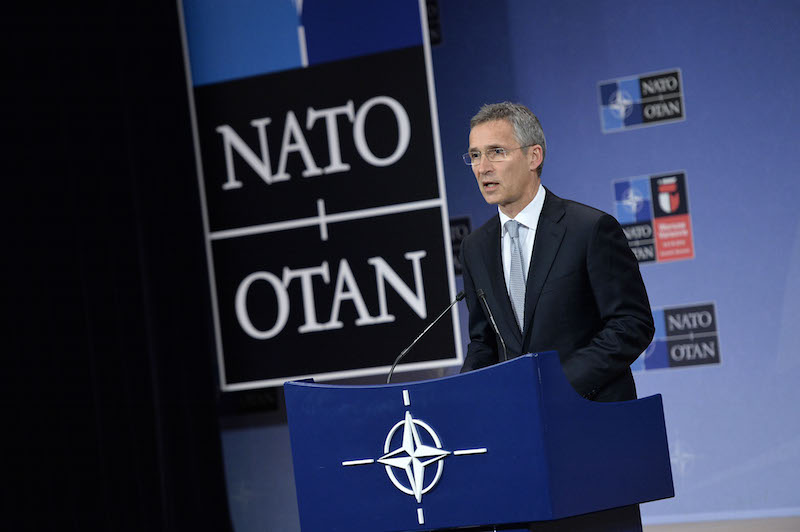Across Africa, maritime forces are undergoing rapid development, presumably to address the threat of piracy in such crucial waterways as the Gulf of Aden and the Gulf of Guinea. Thanks in part to vessels received through the United States’ Excess Defence Articles program, the Nigerian Navy has emerged as the leading maritime power in West Africa. Even small states, like Equatorial Guinea and Gabon, are acquiring new vessels. In many respects, this would seem to be a positive development, allowing African countries to share some of the burden of securing international shipping lanes.

But there is some cause for concern. In 2014, African maritime boundary disputes have risen dramatically, creating uncertainty over the ownership of considerable off-shore oil reserves. Ghana brought legal action against the Ivory Coast in September 2014 regarding the status of their maritime boundaries, while Kenya and Somalia are locked in a series of similar legal battles. Oil exploration in Lake Malawi has also sparked tensions between Malawi and Tanzania. It is in this context that the hurried armament of African navies takes on a disturbing character.
For much of its history, the Ivory Coast’s maritime forces consisted of a small collection of coastal patrol boats and 300 personnel at the most, although much of this navy was scrapped in the midst of a brief civil war in 2011. In January 2014, the Ivory Coast purchased 40 new patrol vessels with approval from the United Nations, ostensibly to fend off pirate groups. It is doubtful that the Ivory Coast would be able to win a sustained naval war with neighbouring Ghana, even with the boost to its maritime forces from this large-scale procurement project. But such a force could certainly be a deterrent to perceived Ghanaian incursions into the waters claimed by the Ivory Coast. Such rapid armament by one of the two parties to the dispute also offers a much different context to the mainstream understanding of Africa’s naval procurements.
As concerns grow that African countries are engaged in a maritime-focused arms race, it will be increasingly necessary for Atlantic partners to condition their military aid. The United States has instituted an African Partnership Station, through which US personnel provide training and other forms of assistance to the military forces of select African states. This is intended to improve the capacity of these countries to contend with organized crime, armed insurgencies, and other threats. In order for African states’ maritime forces to receive training assistance or excess defence articles, such as the decommissioned US Coast Guard cutters transferred to Nigeria in previous years, such countries should not be engaged in maritime boundary disputes. In order to address such disputes, the relevant states could be encouraged to pursue third-party arbitration or to embrace the idea of joint development areas. The latter enabled Guinea-Bissau and Senegal were able to settle their boundary dispute in 1993.

The risk remains that the unilateral enforcement of conditionality by the US will only limit American influence in the region and will have no effect on Africa’s arms races. In October 2014, Chinese maritime forces held joint exercises with the Tanzanian Navy; elsewhere in East Africa, China is working to establish a permanent naval base in Djibouti. There is substantial risk that China could simply replace the US as an aid provider should the latter pursue a policy of conditionality.
The optimum approach may be for the US and its NATO partners to pursue a case-by-case approach, employing creative diplomacy to bring the parties to maritime boundary disputes together in joint exercises as part of a strategy to secure agreements modelled on that enjoyed by Guinea-Bissau and Senegal. In the meantime, the prospects for a violent clash between Ivorian and Ghanaian forces at sea grow day by day.




